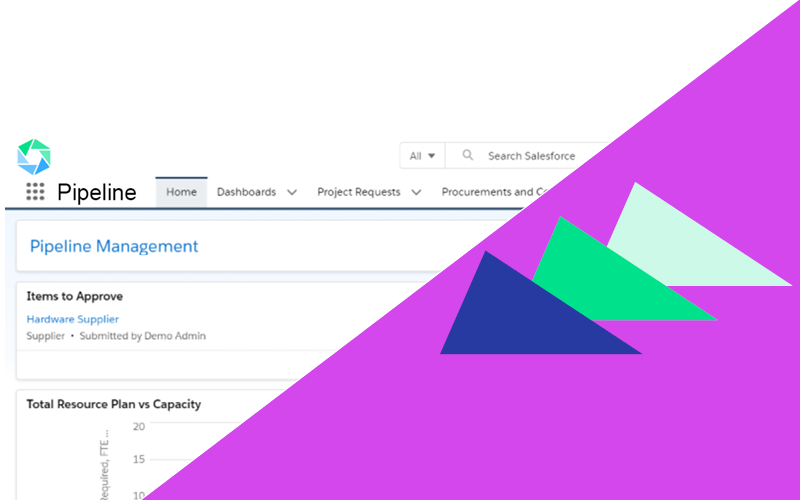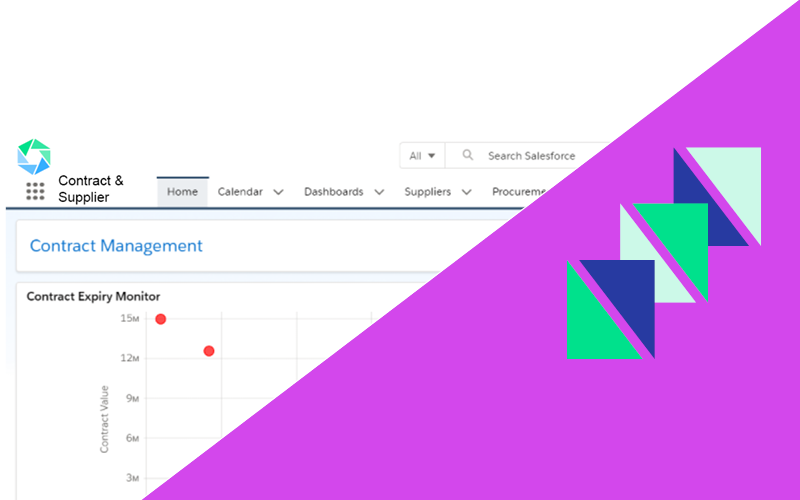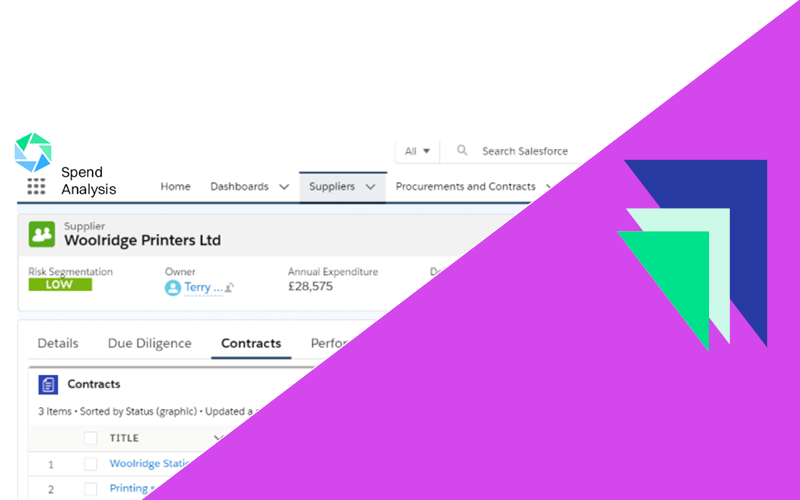Although receiving Royal Ascent does not mean the Procurement Bill comes into effect as of yet, it does mean that the legislation is now approved and following formal confirmation, enters a six month implementation period, likely to begin in March 2024.
As the law is scheduled to go into effect in October 2024, we thought it would be a good time to look ahead to the biggest takeaways from the bill and how these may impact procurement teams in the UK.
The Bill, which has been a long time coming, promises to revolutionise the public procurement landscape in the UK. Set to redefine the ground rules governing how public sector organisations manage investments worth hundreds of millions of pounds through their supply chains. From major infrastructure projects to the day-to-day services for government departments and local authorities.
The Power of Procurement
Upon initial analysis of the bill’s content, it becomes abundantly clear that this legislation hopes to unlock the full power of procurement, ushering in genuine and positive change. Its primary goals? To simplify a complex system and drive improvements in social value and sustainability.
Procurement entities, both big and small, must not only comprehend the proposed changes but also prepare for the significant shift they entail.
In anticipation of the bill’s forthcoming release and its activation in October 2024, we are committed to helping our public sector clients embrace the new era of procurement.
The journey of the Procurement Bill has been a complex one, rooted in the aftermath of the Brexit deal. At its core, the government’s mission was to cut through the infamous “red tape” and streamline procurement – a mission that remains a cornerstone of the legislation.
This bill seeks to eliminate or simplify hundreds of regulations, centralise procurement rules into a single, uniform set, and group procedures and framework agreements into more manageable categories. It’s an effort to make planning and tendering a smoother process for both clients and suppliers. However, it’s crucial to recognise that this also raises the stakes for project delivery.
The bill’s aspirations extend beyond simplification; it aims to raise the bar in more ways than one.
There will be a heightened emphasis on achieving value for money from government programs, accompanied by more rigorous measurements and reporting requirements.
But it’s not just about raising the bar; it’s also about broadening it. The bill is expanding the definition of value the government seeks to achieve through its investments. The bill paves the way for a more pronounced emphasis on driving social value benefits.
This is an exciting evolution, one that aligns legislation with the forefront of the procurement sector – those who are already utilising major projects to transform lives and leave a lasting, positive impact on communities throughout the UK.
Many firms are already well on their way to adopting social value reporting, a practice that will become even more critical in the years ahead. To align with the forthcoming guidance, procurement professionals should proactively engage with their supply chains to ensure that, when it comes to new procurements they are well-prepared to robustly track various aspects e.g. supplier diversity and local job creation.
These internal processes for comprehensively understanding value will evolve over time, so it’s paramount to start early.
In some instances, delving deep into supply chains and assessing the impact of labour and materials will be a monumental task. Still, it’s necessary to identify where benefits are being realised. This allows contracting authorities to make informed decisions based on relevant information.
The overarching goal of the Procurement Bill is to establish a procurement landscape primed for the swiftly evolving world in which we find ourselves. As digitalisation and technological innovations, such as AI, continue to redefine our world, and the spectre of the climate crisis looms ever larger, procurement must adapt. It stands uniquely positioned to address these pressing challenges, offering a clear national vision and substantial investment to lead changes throughout the economy.
Like the focus on social value, the bill will impose more rigorous demands for reporting and set ambitious targets for achieving net-zero sustainability. As for the potential legislative response to technological innovation and AI, it remains a work in progress. What is clear, though, is that the Cabinet Office will be tasked with providing a centralised, modern digital platform for contracting bodies to utilise in their procurement endeavours. This signifies a keen awareness of the digitisation challenges that lie ahead.
The UK Procurement Bill is not just another piece of legislation; it’s a beacon of change and a roadmap to a brighter, more sustainable future.

Ready to transform your procurement operations?
If you’re ready to discuss how Atamis can help your team embrace the future of procurement.
Get in touch today!
 Our Pipeline App empowers your team to plan ahead and forecast for upcoming procurement activities.
Our Pipeline App empowers your team to plan ahead and forecast for upcoming procurement activities.  The Tender App allows your team to visualise all sourcing activities within your Atamis platform, from issuing tenders to receiving bids.
The Tender App allows your team to visualise all sourcing activities within your Atamis platform, from issuing tenders to receiving bids. Our Contract & Supplier App puts your team in firm control of your key supplier relationships and provides a central repository for all contracts.
Our Contract & Supplier App puts your team in firm control of your key supplier relationships and provides a central repository for all contracts.  Our Enhancers ensure your solution is tailored to your needs. Pick and choose additional functionality that fits your requirements.
Our Enhancers ensure your solution is tailored to your needs. Pick and choose additional functionality that fits your requirements. 